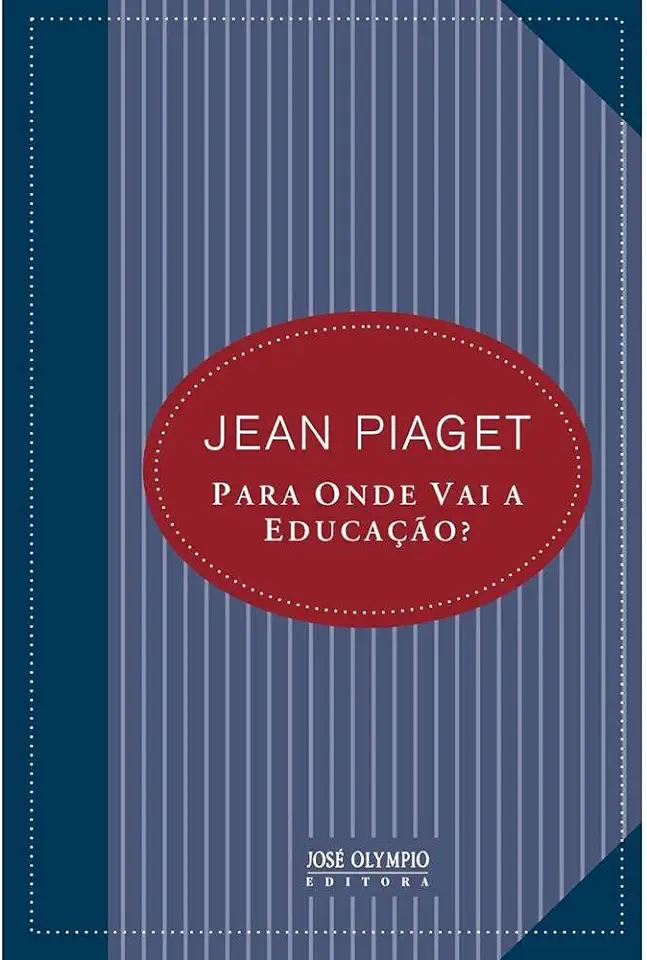
Where Does Education Go? - Jean Piaget
Where Does Education Go? by Jean Piaget
In his seminal work, "Where Does Education Go?", Jean Piaget delves into the intricate relationship between education and the development of human intelligence. With his characteristic brilliance and profound insights, Piaget challenges conventional notions of teaching and learning, offering a revolutionary perspective that has profoundly influenced educational theory and practice.
Rethinking Education: A Journey of Discovery
Piaget embarks on an intellectual journey, questioning the very foundations of education. He argues that traditional educational systems often prioritize rote learning and memorization, neglecting the cultivation of critical thinking and creativity. Piaget proposes a radical shift in educational focus, emphasizing the active construction of knowledge through exploration and experimentation.
The Child as an Active Learner
At the heart of Piaget's philosophy lies the belief that children are not passive recipients of knowledge but rather active participants in their own learning process. He emphasizes the importance of allowing children to engage with their environment, explore their interests, and construct their understanding through hands-on experiences. Piaget's constructivist approach places the child at the center of the educational process, recognizing their innate curiosity and potential for intellectual growth.
Stages of Cognitive Development
Piaget's groundbreaking theory of cognitive development provides a framework for understanding how children's minds develop as they progress through distinct stages. From the sensorimotor stage to the formal operational stage, Piaget outlines the gradual acquisition of logical reasoning, problem-solving skills, and abstract thinking. This understanding of cognitive development has revolutionized educational practices, guiding educators in tailoring their teaching methods to the specific developmental needs of their students.
Education for the Future
Piaget's vision for education extends beyond the confines of traditional schooling. He envisions an educational system that fosters lifelong learning, encouraging individuals to continuously adapt and grow in a rapidly changing world. Piaget emphasizes the importance of interdisciplinary education, promoting the integration of knowledge from various fields to address complex real-world problems. His forward-thinking ideas have inspired educational reforms that seek to prepare students for the challenges and opportunities of the 21st century.
A Call to Action: Transforming Education
"Where Does Education Go?" serves as a clarion call for educational reform, urging educators, policymakers, and parents to rethink the purpose and methods of education. Piaget's profound insights challenge us to move beyond rote learning and embrace a child-centered, constructivist approach that nurtures critical thinking, creativity, and lifelong learning. By embracing Piaget's revolutionary ideas, we can transform education into a powerful force for individual growth and societal progress.
Conclusion: A Must-Read for Educators and Parents
"Where Does Education Go?" is a seminal work that has profoundly shaped our understanding of education and child development. Jean Piaget's groundbreaking theories and thought-provoking insights offer a roadmap for educational reform, guiding us towards a future where learning is not merely about acquiring information but about cultivating the ability to think, create, and adapt. This book is a must-read for educators, parents, and anyone passionate about nurturing the intellectual growth of future generations.